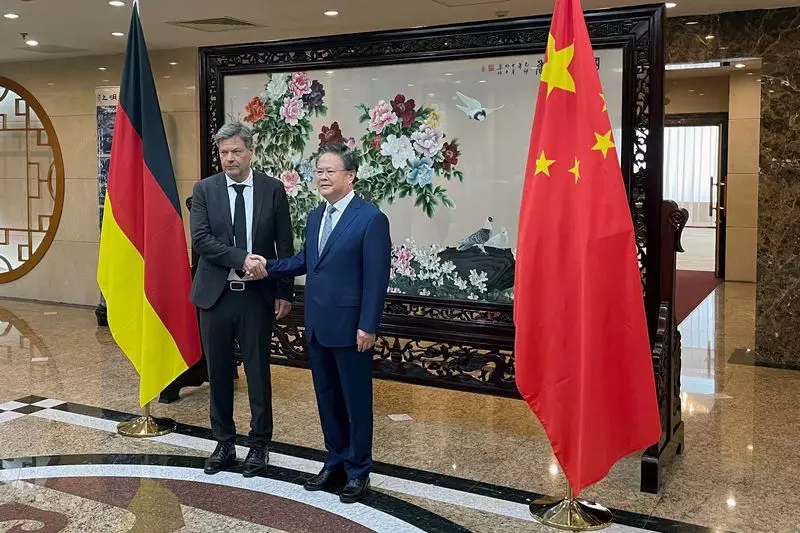Germany’s Economy Minister Robert Habeck visited China to discuss the proposed European Union tariffs on Chinese goods, including electric vehicles. The visit aimed to clarify that these tariffs are not punitive measures, but rather an effort to ensure fair competition.
Habeck emphasized that the EU had thoroughly examined whether Chinese companies benefited unfairly from subsidies. The proposed tariffs were intended to compensate for any advantages granted to Chinese companies by Beijing and to establish common, equal standards for market access.
During the dialogue, Zheng Shanjie, chairman of China’s National Development and Reform Commission, expressed China’s commitment to protecting Chinese companies in light of the proposed EU tariffs. Both sides acknowledged the need to level the playing field.
The EU provisional duties are expected to take effect by July 4, with the possibility of definitive duties being imposed for up to five years after the investigation concludes on November 2. Habeck stressed the importance of discussing the EU report’s conclusions.
While trade tensions were a key agenda item, the dialogue also focused on cooperation between Germany and China for the green transition. Both countries recognized their responsibilities to combat climate change, with China leading in renewable energy capacity but still heavily reliant on coal.
China has made significant progress in renewable energy, installing almost 350 gigawatts of new capacity in 2023. However, coal continues to account for a large portion of China’s energy supply, posing challenges in reducing CO2 emissions.
Despite advancements in renewable energy, China’s coal-based energy mix remains a concern. Zheng defended China’s reliance on coal, citing energy security and cost considerations. Habeck suggested that expanding renewable energy could be a more sustainable approach.
The proposed EU tariffs on Chinese goods are not punitive but rather a means to ensure fair competition and market access. The dialogue between Germany and China highlighted the importance of cooperation in addressing climate change and transitioning towards greener energy sources. Both countries must work together to balance economic growth with environmental sustainability.

